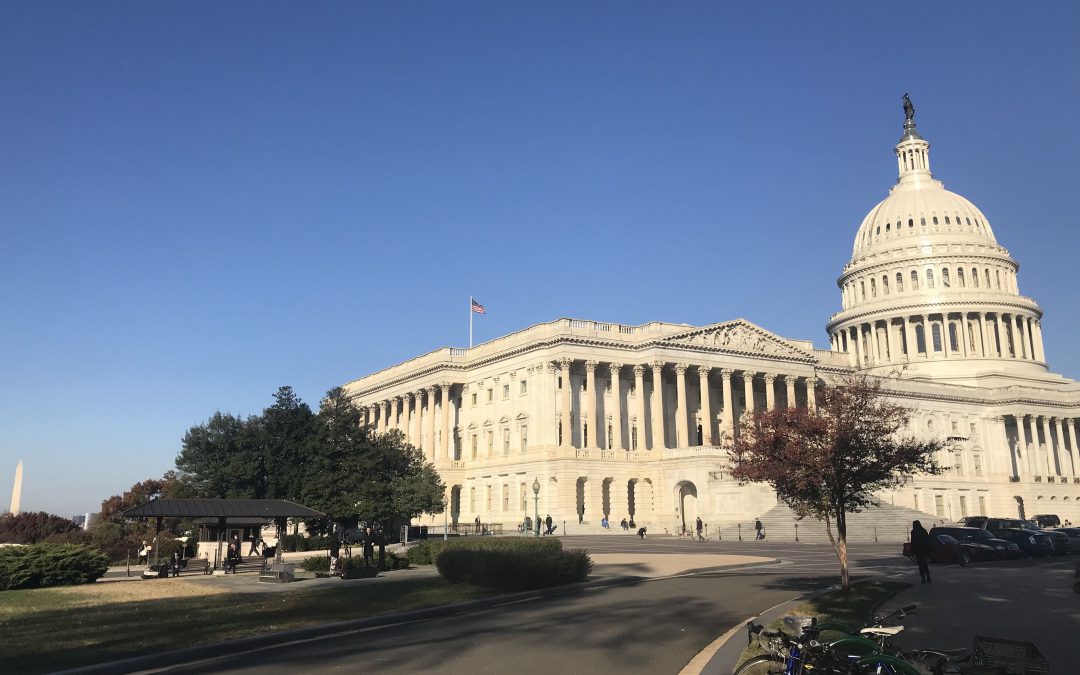WASHINGTON– Following two days of debate in the House of Representatives and a visit to the Capitol by President Donald Trump, the Republican majority passed a tax reform bill Thursday afternoon, inching closer to the GOP goal of delivering a comprehensive bill to Trump before the end of the year.
Trump visited the Capitol during the Congressional lunch recess, where he met with House Speaker Paul Ryan and other top Republicans. Following the President’s visit, the bill passed by a vote of 227-205.
“I’ve got to say, this is nothing short of extraordinary,” said Speaker Ryan at a press conference after the vote. “This country has not updated its tax code since 1986. The power of the status quo in this town are so strong, yet 227 men and women in Congress broke through that today.”
Votes for the bill fell strictly along party lines, although 13 Republicans joined Democrats in opposition.
“I have to give President Trump and Speaker Ryan their dues,” said Rep. Joseph Crowley, D-N.Y., during his floor argument. “The Republicans started this process saying that everyone would get a tax cut. Now they are saying that on average they will get a tax cut, and that’s not even true.”
Rep. Andy Harris, R-Md., said he was concerned of the full repeal of the SALT tax deduction under the Senate plan, acknowledging that some of his constituents pay too high state and local taxes and the elimination of the deduction would be damaging. House Ways and Means Committee Chairman Kevin Brady responded with his own concerns of the Upper Chamber’s plan.
“There are still some areas where we will and can make improvements,” Brady said. “Today, I’m happy to commit to working with you to ensure that we reach a positive outcome for your constituents to reconcile our differences with the Senate.
The Senate Committee on Finance continued its review of the Senate tax proposal Thursday, following a week of changes to the bill that included the repeal of the Obamacare mandate that everyone not covered by an employer health plan must buy health insurance, something Democrats say this will leave more than 13 million people without health insurance. A phase-out of individual tax deductions by 2025 is another concern from critics, who say it gives large corporations an advantage because their benefits do not expire.
Two of the 52 Republican senators have already spoken out against the bill this week, leaving committee members little room to lose any support. Finishing touches on the Senate plan are expected to be completed by Friday before Congress breaks for the Thanksgiving recess.

